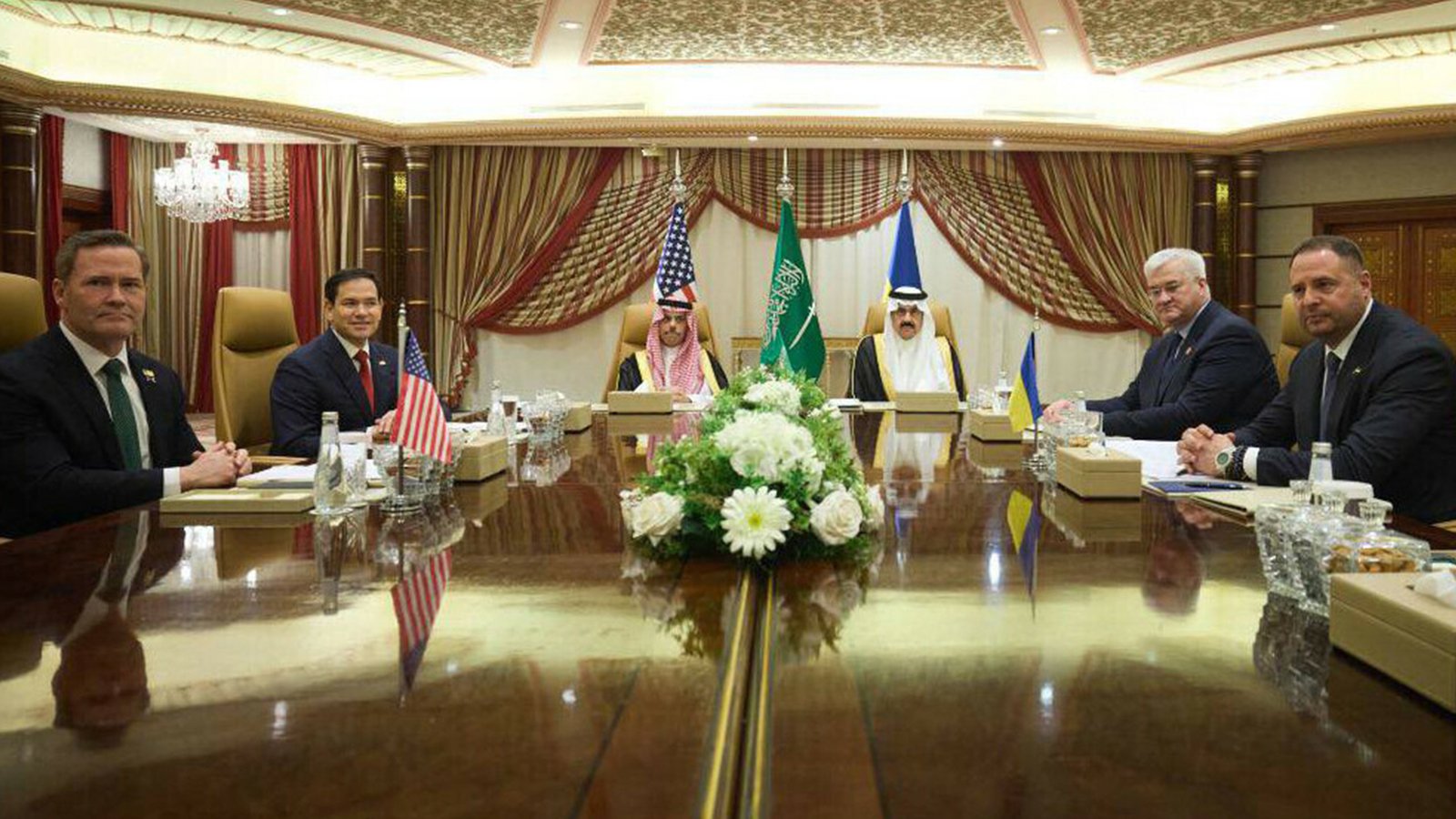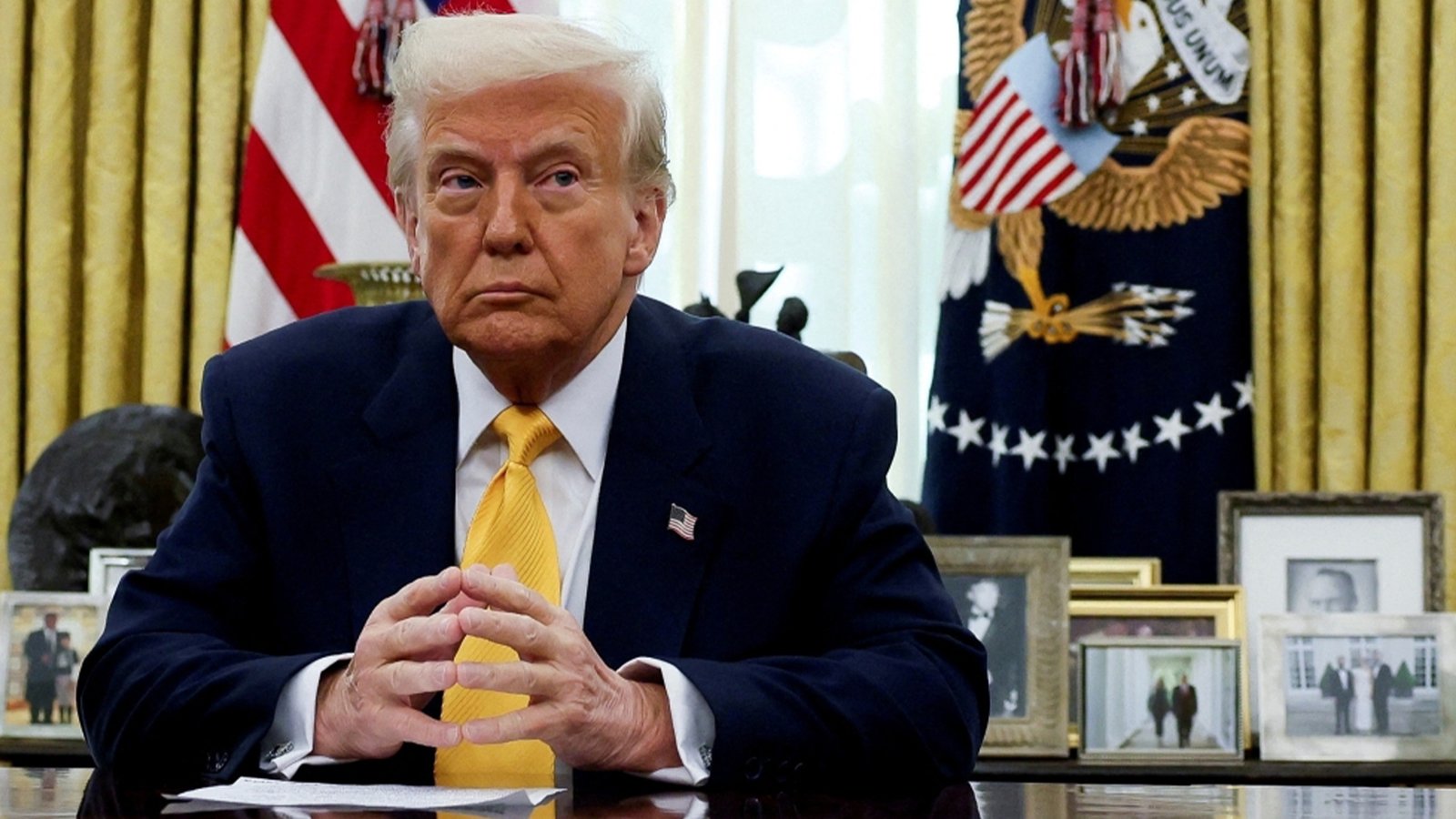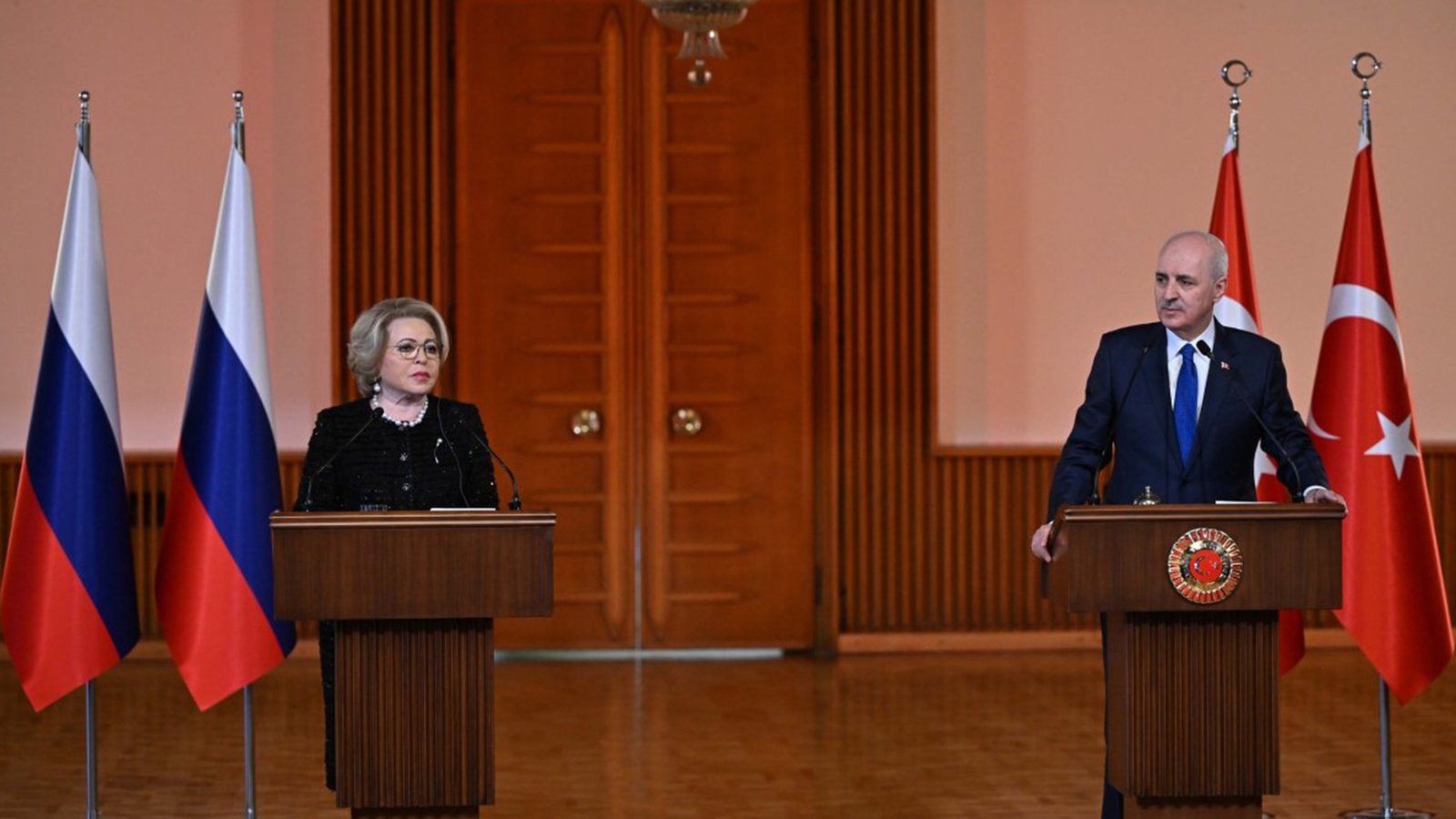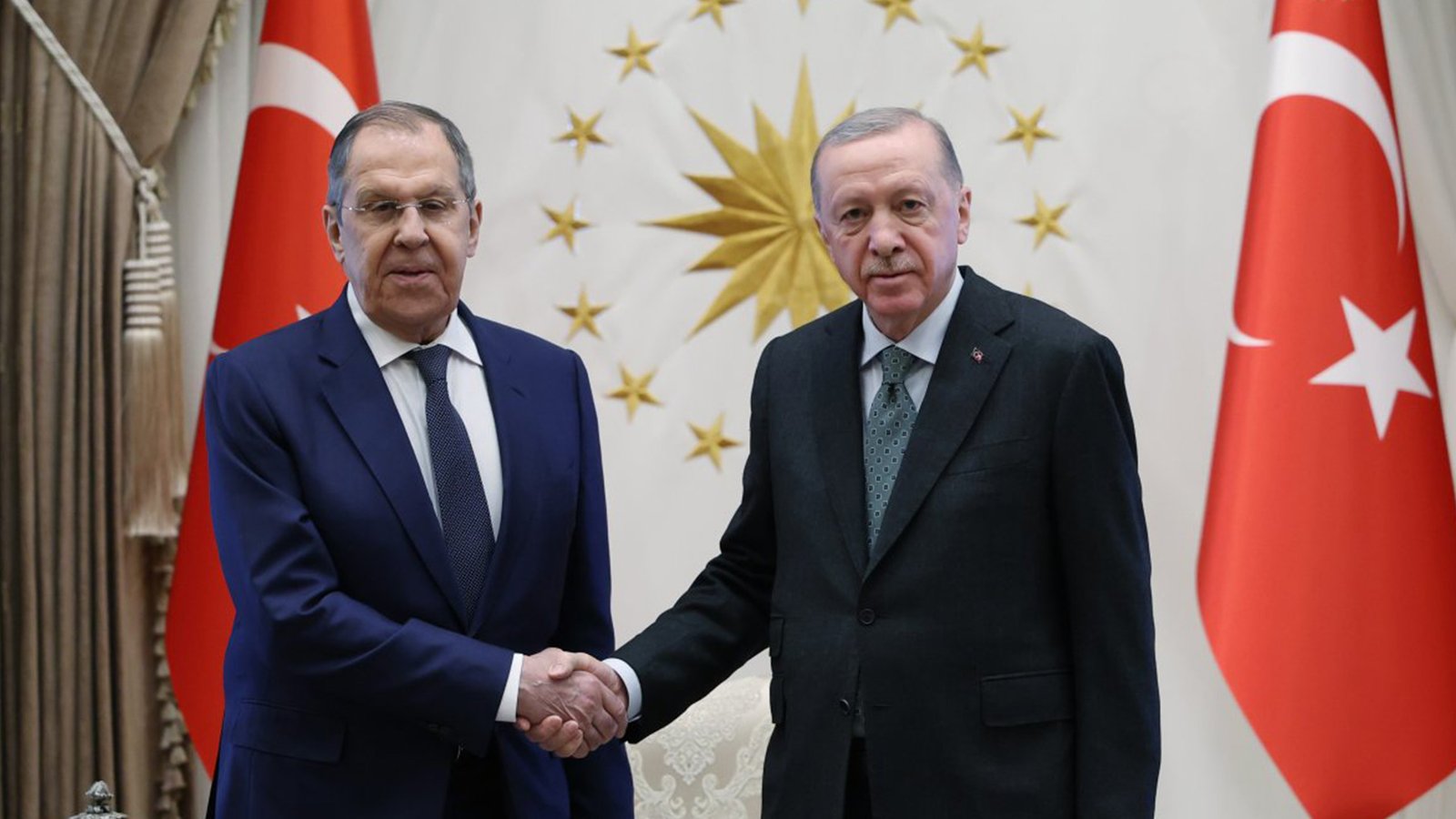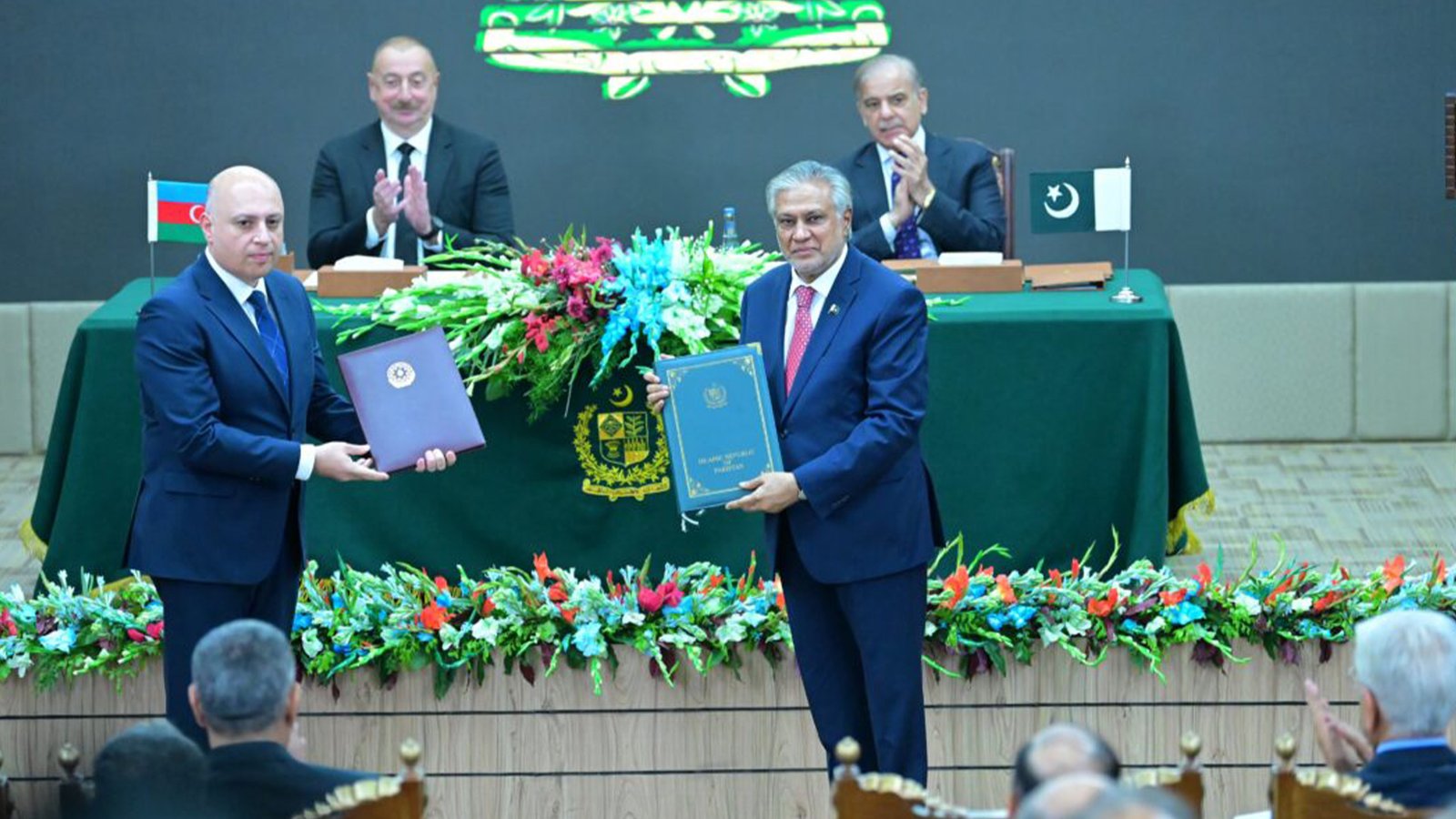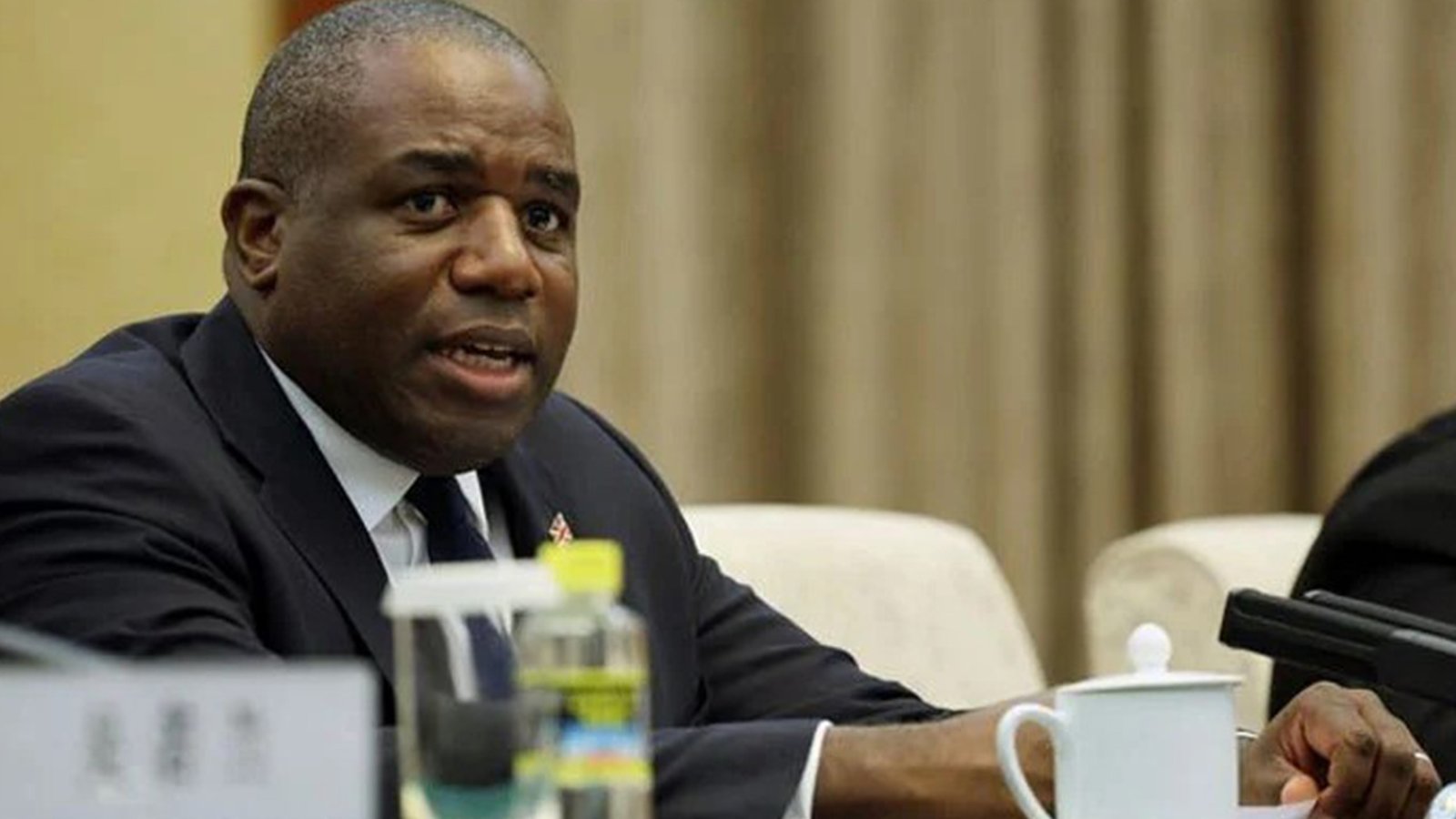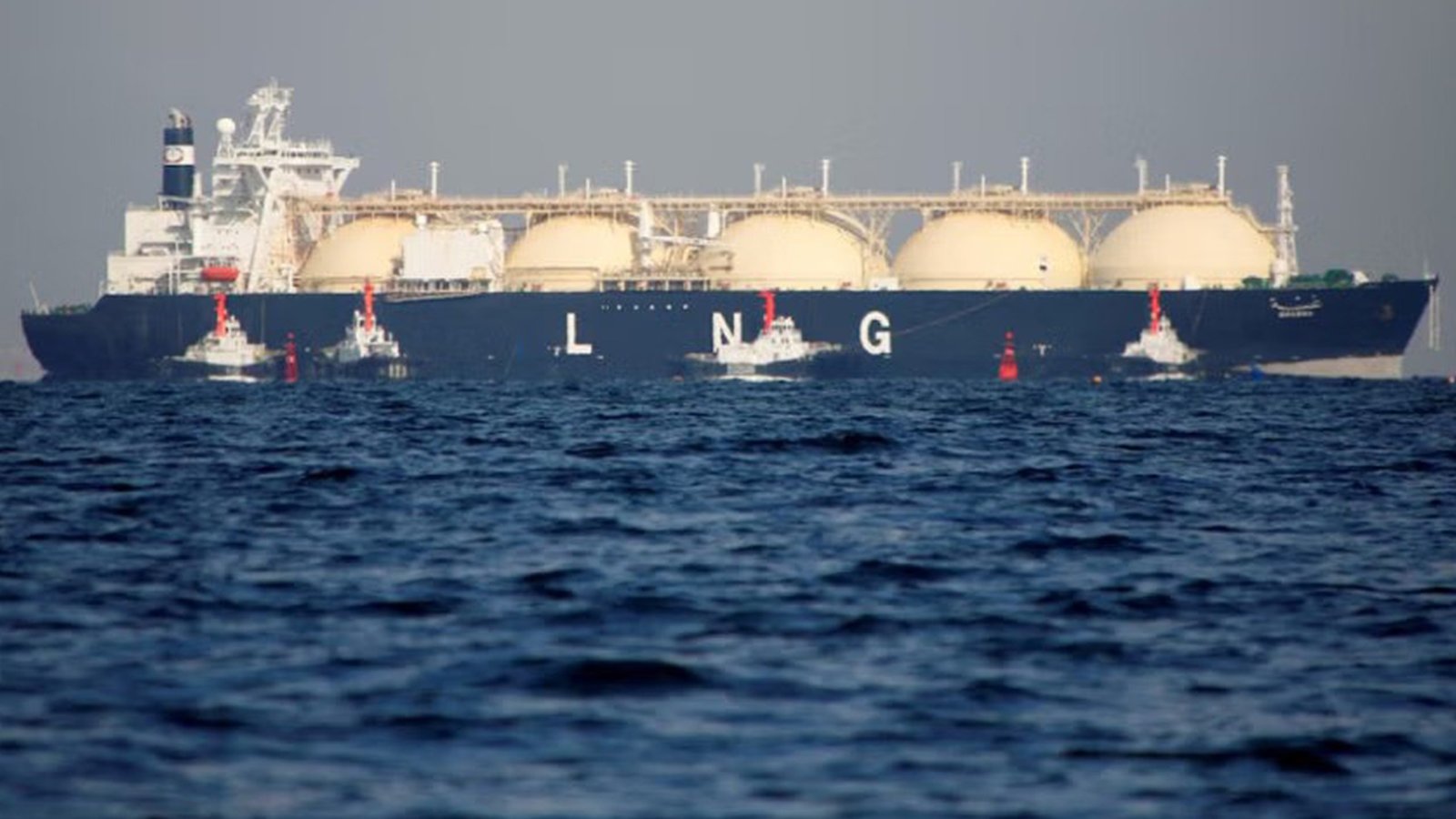Trump Reshapes Asia’s Energy Landscape with US LNG Push
The Trump administration is making significant moves to reshape Asia’s energy supplies, emphasizing U.S. liquefied natural gas (LNG) as a strategic alternative to Middle Eastern energy imports. During a recent meeting with Japanese Prime Minister Shigeru Ishiba, President Donald Trump and his energy advisor Doug Burgum highlighted the long-standing proposal to develop the Alaska LNG project, a $44 billion initiative aimed at supplying U.S. allies in Asia with American gas.
Japan’s Role in Trump’s Energy Vision
As the world’s second-largest LNG importer, Japan is central to Trump’s energy agenda. Trump framed the Alaska LNG project as a way for Japan to reduce its reliance on Middle Eastern energy while addressing its trade imbalance with the United States. While Ishiba expressed cautious optimism about the project, Japanese officials remain skeptical about its feasibility.
Despite these doubts, Trump has been vocal about the potential benefits of increased U.S. LNG exports to Japan and other Asian markets, such as South Korea and Taiwan. By expanding LNG shipments, Washington aims to strengthen economic ties with its regional allies and counter the growing influence of China and Russia in global energy markets.
Strategic Implications for Asia’s Energy Security
The Trump administration is leveraging energy diplomacy to reinforce U.S. geopolitical influence in Asia. The shift toward American LNG aligns with broader concerns over maritime security and trade imbalances. With energy imports heavily reliant on sea routes through contested waters, Asian nations are seeking diversified sources to secure their energy needs.
“If the Trump administration has its way, U.S. LNG would flow in massive quantities to Japan and South Korea, creating economic interdependence with the United States and reshaping the regional energy map.”
Kenneth Weinstein, Japan chair at the Hudson Institute, emphasized the broader implications:
Challenges Facing the Alaska LNG Project
Despite Trump’s enthusiasm, the Alaska LNG project faces considerable hurdles, including high costs and logistical challenges. While Japan and other Asian nations are increasing their purchases of U.S. LNG, they have yet to commit to the Alaska initiative. Japanese media reports suggest that Japan’s trade minister will visit Washington to negotiate exemptions from U.S. tariffs and explore further LNG investments.
Trump’s push for increased LNG exports represents a strategic effort to bind Asia’s energy supply chain to the United States. While uncertainties remain over the Alaska LNG project, Japan’s involvement in expanding U.S. gas imports could reshape global energy dynamics. As the geopolitical landscape shifts, energy security remains a key pillar in U.S. Asia relations.
For more updates, stay tuned to CurrentAffair.com.pk.


